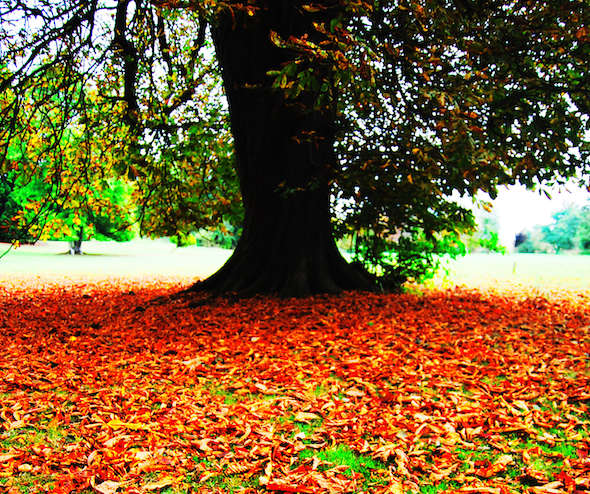
Trees are stressed
A combination of drought and seriously hot weather is causing trees to take avoiding action to protect themselves - but risking trouble for wildlife when the weather turns colder.
Nature in Devon is causing what's known as a 'false autumn,' in which some trees abandon their normal seasonal cycle and close down prematurely in an attempt to survive by conserving water and energy.
It can be pretty. Trees turn golden-brown. But it's two months early.
Now Devon Wildlife Trust, a conservation charity, is warning this ‘false autumn’ may be a sign of wider problems for wildlife. When October and November come around, the usual bounty of wild foods may already be depleted, leaving a real risk of scarcity for birds and mammals.
The Trust’s Steve Hussey said: “Many trees are also shedding their leaves two or even three months ahead of when we’d expect them to. A member of our nature reserves’ team told me that in the 30 years he’s been working on his sites he’s never known it to be drier and for so many trees to have experienced leaf loss so early in the year.”
Leaves which turn prematurely brown with leaves being shed are signs that a tree is stressed and is a problem especially acute in young trees which lack the deep root systems that older trees use to reach water.
Steve Hussey said: “For some trees this may be the last straw – the long dry spell will mean they won’t be able to survive. For others, it could mean they are weakened and more open to tree diseases in the future.”
Devon Wildlife Trust has also had other reports of the ‘false autumn’, with blackberries, hawthorn berries, hazelnuts and other fruits appearing much earlier than usual. Some other reports have suggested that the lack of rain in the summer has also made many wild fruits smaller and ‘less juicy’ than normal.
Mr Hussey continued: “A very early and thinner, less bountiful wild harvest will present a further challenge to many of the birds and mammals which rely on a diet of berries, nuts and seeds to build-up their reserves of body fat before the onset of winter. Take dormice, as just one example: these are animals which must maximise their bodyweight in October and November in order to have a better chance of surviving their long winter hibernation. To do this they will consume large numbers of high fat foods, especially hazelnuts, during autumn. But if those hazelnuts and other hedgerow fruits have already been and gone in August then that presents them with a real problem.
Nature’s timing is everything for our wildlife. The climate crisis is bringing with it seasonal weather patterns which our wildlife is just not adapted to. Our long, hot summer and the ‘false autumn’ will have a knock on for many species right into the real autumn months and beyond.”
Despite some recent rainfall, Devon Wildlife Trust is advising that the public continue to put out a regular supply of water in their gardens and to make this available at ground level for animals including hedgehogs and badgers, as well as in traditional bird baths off the ground. Regular feeding of garden wildlife with a range of high energy foods is something the Trust also advises.
For more press information contact Devon Wildlife Trust’s Steve Hussey on 07771 304077 or shussey@devonwildlifetrust.org
Photos: 1) Dormouse – one of the species which may be badly affected by the ‘false autumn’ (use must credit: Terry Whittaker)
2) Some trees are shedding their leaves earlier in an attempt to conserve water and energy (must use credit: Chris Maguire)
 City lose at home again
City lose at home again
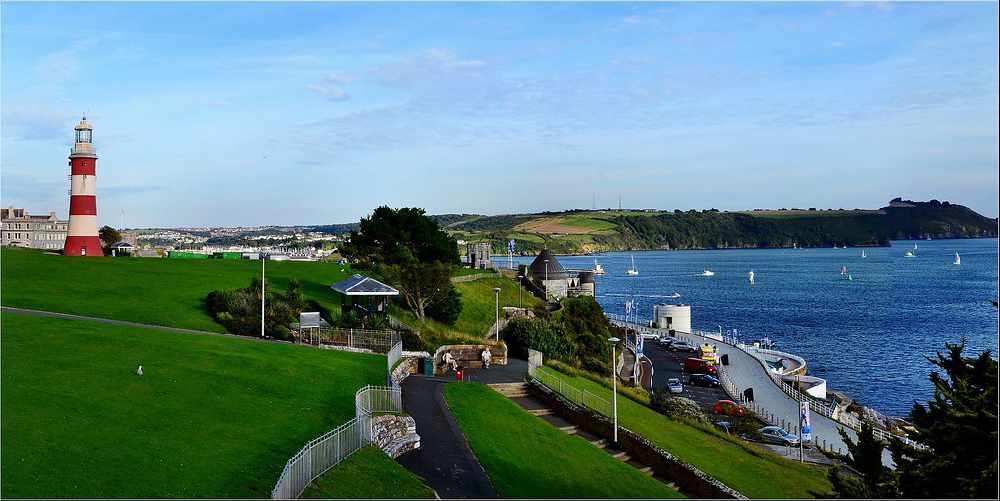 Calls for inclusion on Plymouth lord mayor role
Calls for inclusion on Plymouth lord mayor role
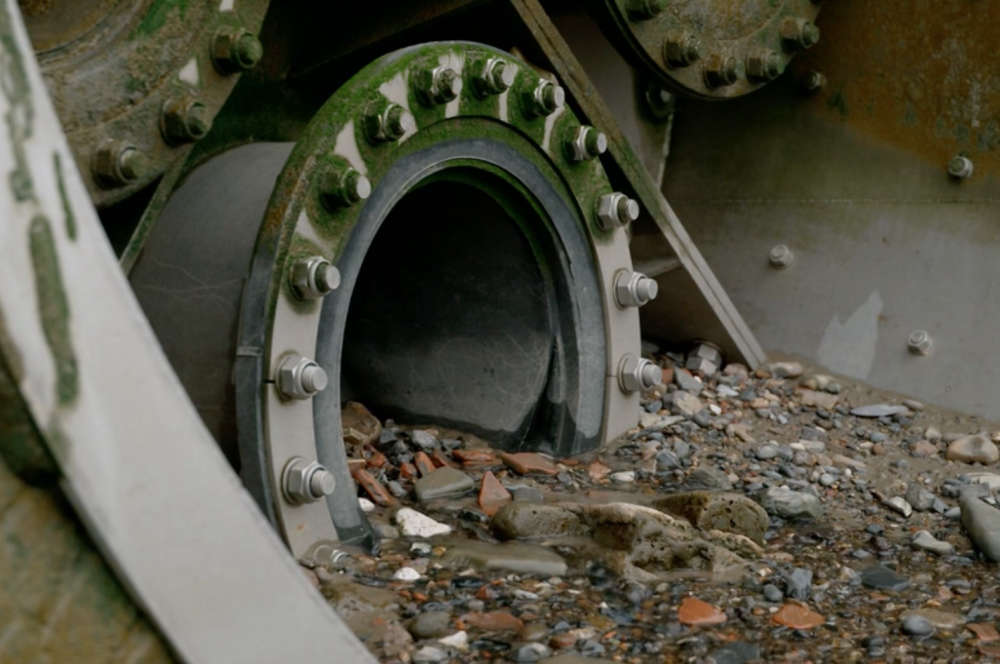 Upgrades to Plymouth storm overflows to take place
Upgrades to Plymouth storm overflows to take place
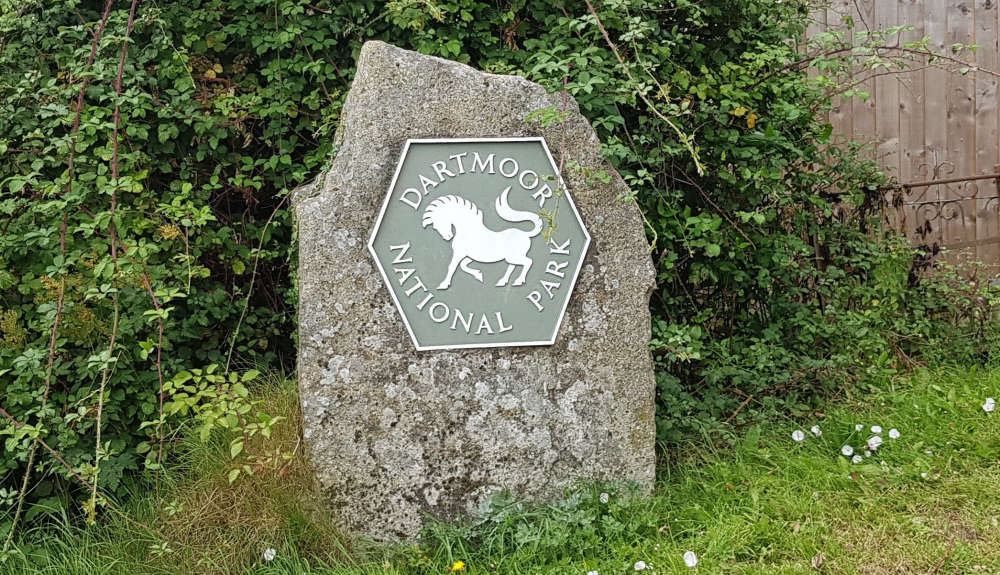 Dartmoor finances facing biggest cut for years
Dartmoor finances facing biggest cut for years
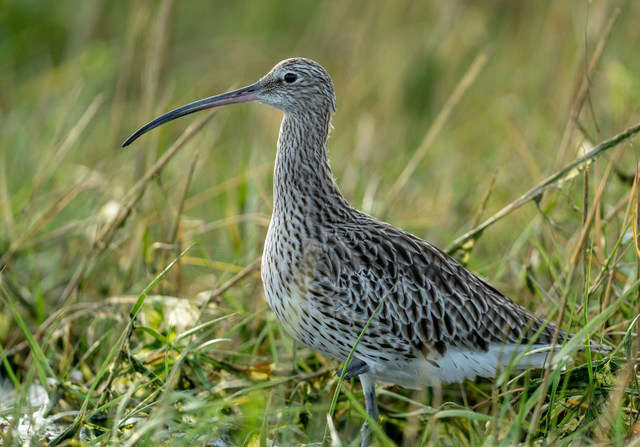 Rare curlews and martens are leaving Dartmoor - for now
Rare curlews and martens are leaving Dartmoor - for now
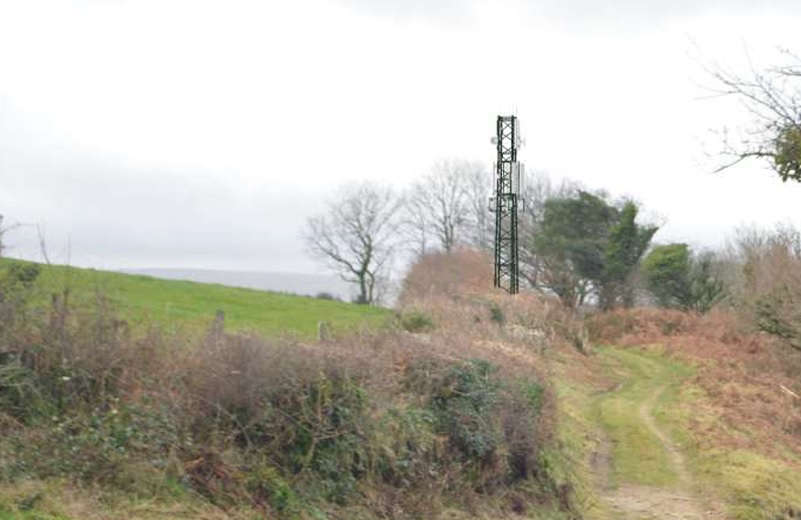 Dartmoor phone mast gets the go-ahead
Dartmoor phone mast gets the go-ahead
